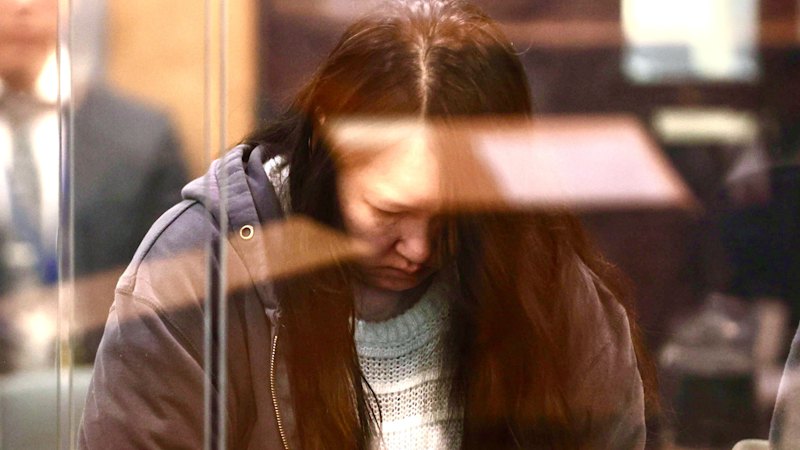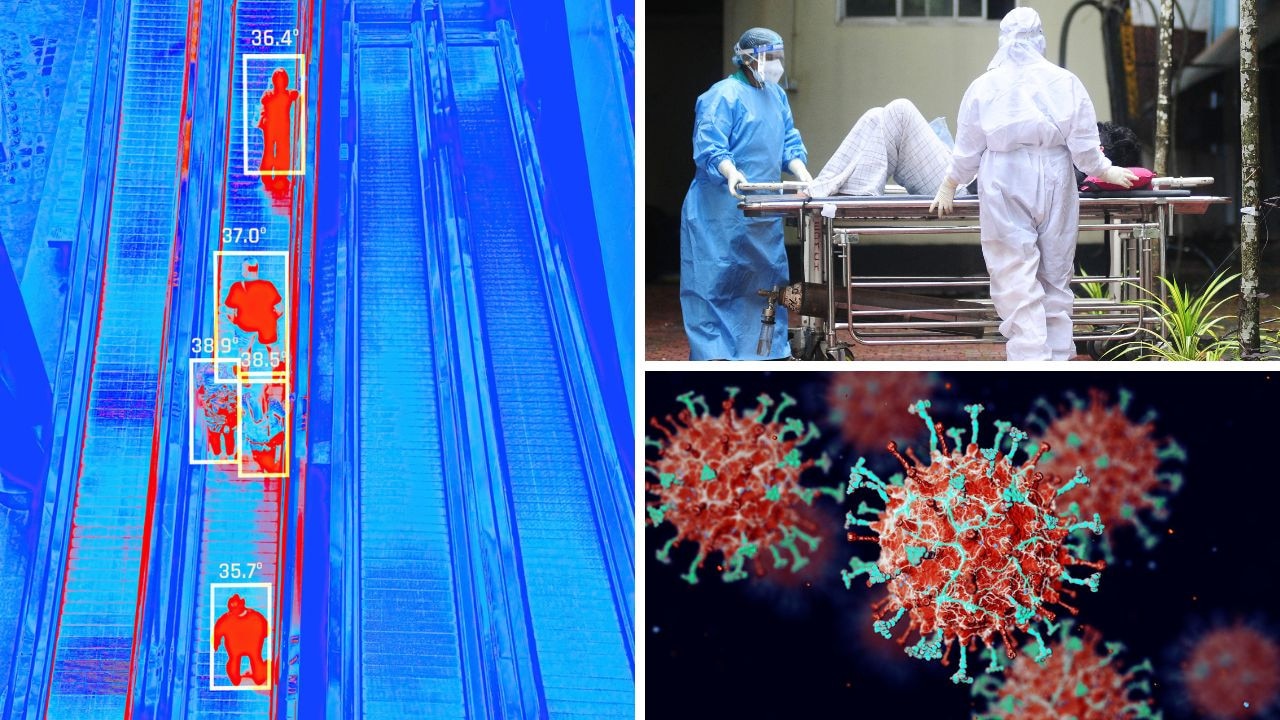
A mother has been found guilty of murdering her two children in New Zealand, after a jury dismissed her defense of insanity. The case centers on Hakyung Lee, who confessed to killing her children, Yuna Jo, aged 8, and Minu Jo, aged 6, before placing their bodies in suitcases and abandoning them in a storage unit in South Auckland. Following the verdict on November 7, 2023, Lee is set to be sentenced on November 26, 2023.
The discovery of the children’s remains in August 2022 shocked the local community. A couple found the bodies after winning an auction for the storage unit where Lee had left them. During the trial, she appeared via video link, often with her head bowed and hair obscuring her face, reflecting the gravity of the proceedings.
Justice Geoffrey Venning presided over the case, which hinged on whether Lee was legally insane at the time of the murders. He instructed the jury that determining her mental state was crucial. The jury deliberated for just over three hours before reaching their verdict, ultimately concluding that Lee understood the moral implications of her actions when she killed her children.
Throughout the trial, Lee’s defense team argued that she experienced a severe mental health crisis following her husband’s cancer diagnosis in 2017. They claimed this “descent into living hell” led her to commit the unthinkable act. The defense maintained that she was not guilty by reason of insanity, asserting that she believed her actions were justified under her distorted mental state.
In contrast, Crown Prosecutor Natalie Walker presented evidence indicating that Lee had the capacity to understand the wrongfulness of her deeds. She highlighted that Lee’s actions appeared premeditated, suggesting a calculated decision rather than one made in a moment of insanity. Walker stressed that Lee’s use of the antidepressant nortriptyline on her children was not an act of a mother acting out of delusion but rather a deliberate choice.
The trial featured compelling testimonies from psychiatrists, including Erik Monasterio, who recognized Lee’s mental health struggles but did not agree that they constituted a disease of the mind sufficient for an insanity defense. Monasterio’s evaluation suggested that while Lee was likely suffering from depression, it did not eliminate her awareness of the moral implications of her actions.
The jury also heard from psychiatrist Yvette Kelly, who suggested that an insanity defense could have been valid. However, the jury ultimately sided with the prosecution’s view, concluding that Lee’s mental state did not absolve her of responsibility for the murders.
The case has sparked discussions about mental health and the implications of severe psychological distress in criminal cases. Justice Venning has requested mental health reports to be prepared ahead of Lee’s sentencing, indicating that her psychological state will remain a significant consideration in the aftermath of the verdict.
As the community processes the tragic events surrounding the case, support services such as Kids Helpline are available for those affected by the news. The case serves as a grim reminder of the complexities of mental health issues and their potential impact on family dynamics.






